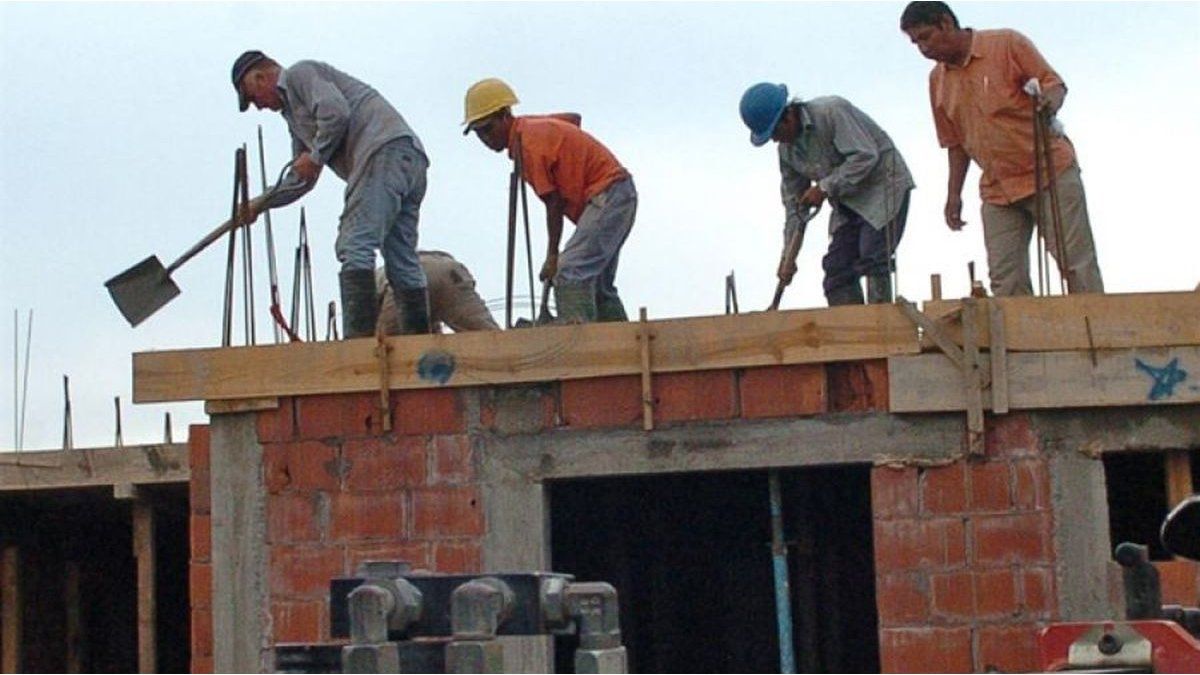Hydrogen is set to play a key role in the climate-friendly transformation of the economy. To this end, a “core network” is to be set up in Germany – it is now taking shape.
The planned construction of a hydrogen core network in Germany by 2032 is taking another step forward. The long-distance network operators have submitted plans to the federal government. One application includes pipelines with a total length of 9,666 kilometers, as the Federal Ministry for Economic Affairs and Climate Protection announced. The Federal Network Agency must now approve the plans.
Economics and Climate Protection Minister Robert Habeck (Greens) called the proposal a decisive step towards building up the hydrogen infrastructure. “It contains the highways of the hydrogen networks.” This creates planning security for hydrogen producers, operators of power plants and storage facilities, and hydrogen consumers.
Hydrogen consumption and production centers as well as storage and import points are to be gradually connected by 2032. According to the gas transmission system operator (FNB Gas), the investment costs amount to 19.7 billion euros. Around 60 percent of the pipelines are pipelines that currently still transport natural gas.
“With the core network, we are creating a key prerequisite for the successful ramp-up of hydrogen in Germany and thus for the decarbonization of industry and energy supply,” said Thomas Gößmann, CEO of FNB Gas.
All countries should be connected
The use of hydrogen is set to play a key role in the climate-friendly restructuring of the economy, for example in the steel industry. The first hydrogen pipelines are set to go into operation next year. In addition to connecting central industrial sites, regional balance and integration into the European hydrogen infrastructure are important goals for the core network, according to the ministry. According to the application, all federal states will be connected.
Import of hydrogen
Hydrogen will be imported via pipeline at an early stage via border crossing points. In the future, Germany will cover a large part of its hydrogen needs through imports via pipeline or ship. The cabinet plans to adopt an import strategy for this on Wednesday.
The core network is intended to be the essential basis for the development of the hydrogen transport infrastructure, but is then to be further developed across the country. In 2026, a network development plan for gas and hydrogen is to be approved by the Federal Network Agency for the first time.
Financing the network
As with natural gas and electricity, the core network lines are to be paid for entirely privately through user fees. According to the ministry, interim financing in the initial phase is to be provided through a so-called amortization account. This means that costs are to be spread over time. Financial protection by the state against “unforeseeable developments” is planned. Some of the lines are to be given special funding by the federal and state governments.
Source: Stern




